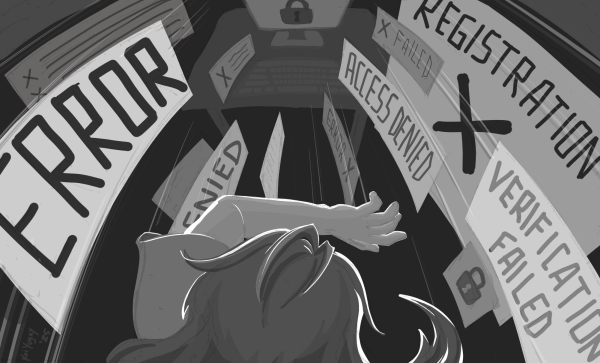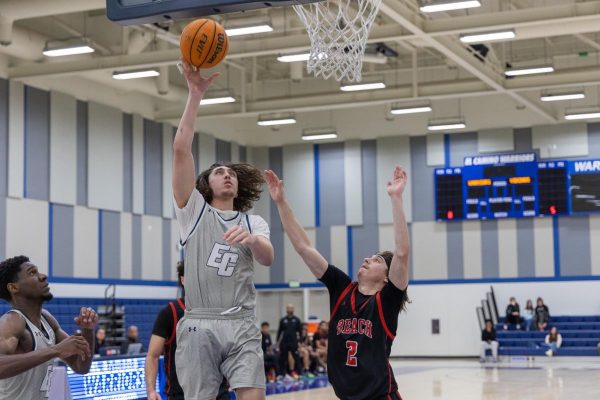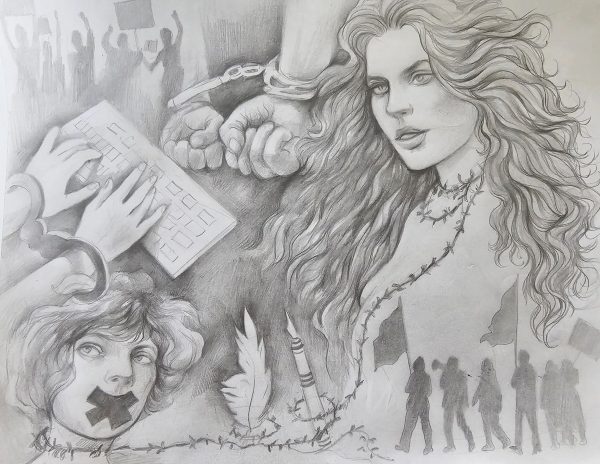'Tis the season to drive safely
For some reason, no matter how many times we’re told not to, people still drink and drive.
We’ve all seen the public service ads, the shocking videos of hamburger meat people in driver’s ed, even sometimes attend events about the dangers of driving under the influence like EC hosted last week.
And yet, 1 in 5 college students surveyed admit to having driven under the influence, and 40 percent admit to having ridden in a vehicle driven by someone under the influence, according to an article from usnews.com.
Perhaps students think that nothing bad will ever happen to them. That it’s just other, less intelligent, less capable students who “can’t handle their alcohol,” who make the sort of mistakes that get them killed.
Or perhaps they just think that driving home drunk from the bar is less of a hassle than getting a cab home and then a ride back in the morning.
Whatever the reason may be, they’re dead wrong, and often as not, they’re not the ones who will suffer most for their poor decisions.
A perfect example happened less than a week ago on Halloween, when a drunk driver struck and killed three little girls in the midst of trick-or-treating in Santa Ana. According to police reports, the suspect never even touched his brakes.
While Halloween has passed, DUI season has only just begun. According to thelawdictionary.org, New Years Eve has the highest rate of DUI arrests of the entire year. Another fast approaching holiday, Thanksgiving, while having less arrests, actually has a higher record of DUI related fatalities.
The next couple of months will see more motorists on the road, traveling to visit families, and more people going out to the bars, a deadly combination.
It might seem like more of a hassle to catch a cab, or even walk home from a night of drinking, but it’s important to keep the consequences, both legal and health-wise in mind.
A person stopped for driving under the influence is certain to be arrested and charged. They’ll likely lose their license, and face a minimum $1800 fine. If they actually manage to hurt someone before they’re arrested, the consequences will be much more dire. Chances are good they’ll be making small talk with their cell mate for years to come.
A person who takes a cab home spends maybe $20, and might have to make small talk with a stranger for a few, brief minutes. Now, which of these sounds like the better deal?








